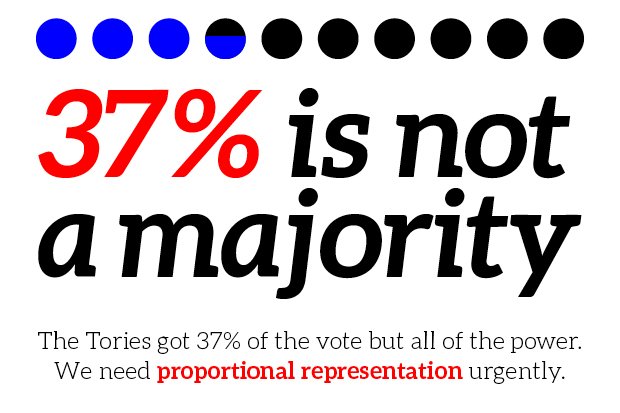As not printed by Dorset Echo
‘Loyalty to party is not enough’. So said the late Liberal peer Nancy Seear. It is especially not enough where constitutional issues are involved. It is outrageous that a minister of a government elected by a whisker on a minority of the vote can ratify a major treaty which Parliament has not even seen. It is also outrageous that the major parties in parliament shrug off any attempt to reform the voting system. And no, the 2011 referendum was not about whether people wanted to change from First Past the Post, but whether they wanted a shoddy compromise, which is not proportional and which was never properly explained.
Nearer home, the government clearly pressured local councils to agree to the plan to abolish nine councils, replacing them with two unitaries, in order to save money. What’s more it seems that the savings will largely be clawed back by the government by the £10m negative Revenue Support Grant expected next year [1]. When Sajid Javid announced the plan would go ahead, Dorset County Council leader Cllr Rebecca Knox said, “… We are committed to building on our positive collective work to develop a thriving economy, support and encourage aspirations for our young people and deliver services that make a positive difference to people’s lives.” [2]. A very big claim in the circumstances; I hope she meant it. The challenges she and the new council will face are exemplified by a motion put to the last full meeting of Dorset County Council by Cllr Clare Sutton. In short because of the lack of job prospects in Weymouth and Portland she argues that ‘this council’ should ” … when deciding where to physically locate certain services going forward, especially where skilled jobs are involved, for example Planning Services, give special consideration to the fact that, if it is to thrive, Weymouth and Portland NEED these jobs’. Although Conservative councillors could hardly deny the evidence presented, the idea that Weymouth should receive any favourable treatment seemed to be a step too far. It was argued that that was not the time and place to tackle the issue as the council was to be replaced it was agreed there should be an indicative vote. The motion was defeated, most Conservatives having voted against.
The other motion, proposed by Cllr Susan Jefferies said, ‘This council requests that the Government provides for elections to the Dorset Council in 2019 to be conducted by a system of proportional representation.’ A key argument for change was the fact that there is now only one Labour County Councillor, whereas on a proportional basis they should have around six. The proposers wanted a specific system, Single Transferable Vote, which not only delivers fair shares for parties but also allows voters an effective choice on other criteria than party. That did not stop one Conservative councillor displaying either his lack of attention or his ignorance in refering to Germany, with its very different party based system. In the end though, the arguments for and against were irrelevant. In the ‘indicative’ vote that followed most (and I think all) the Conservatives votes against.
Whereas it might be impractical to introduce the change for next year, it should be a possibility for the 2024 elections. If Cllr Knox’s stated objectives are to be realised there has to be more co-operation than can be achieved under first Past the Post , which encourages confrontation. The Scottish experience of Single Transferable Vote which has been used for local elections since 2007 has been positive [3]. The new council should at least look at the Scottish experience and make recommendation to the communities secretary. If it does not, it will be clear that it has put party advantage ahead of the interests of the people of Dorset.
David Smith, Weymouth
Notes:
[1} as quoted in ‘Your Dorset’ spring 2018.
[2] https://new.poole.gov.uk/news/government-approves-unitary-councils-for-dorset/#.WvCfbJch3ct







